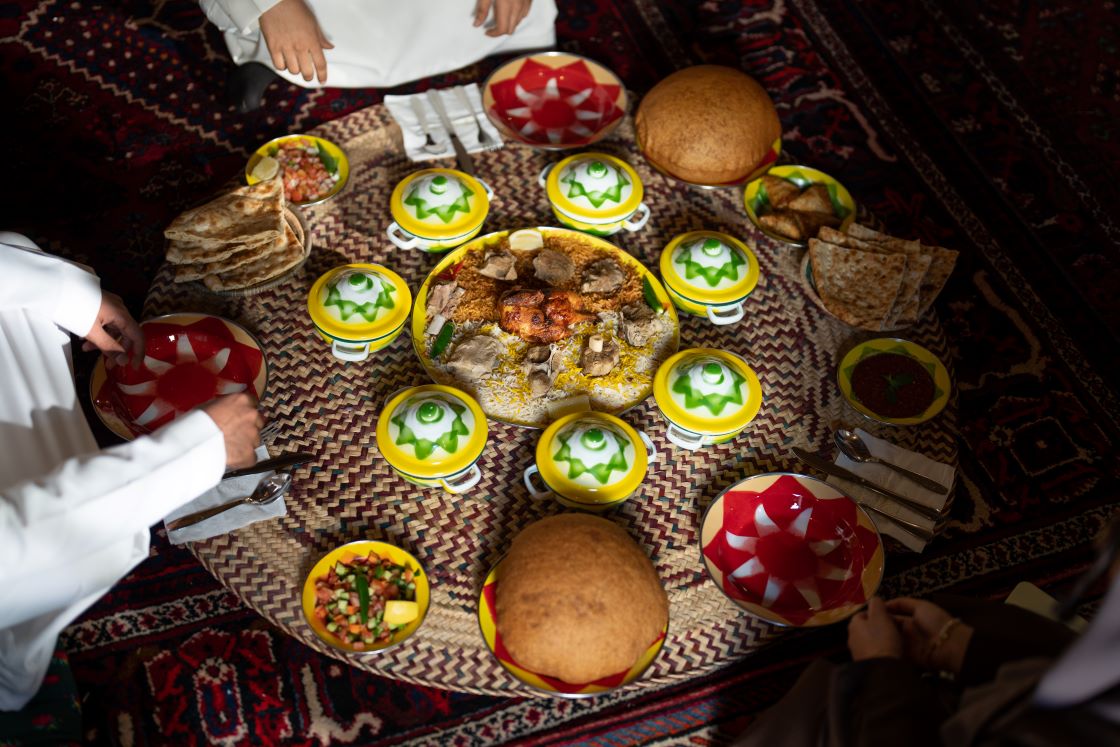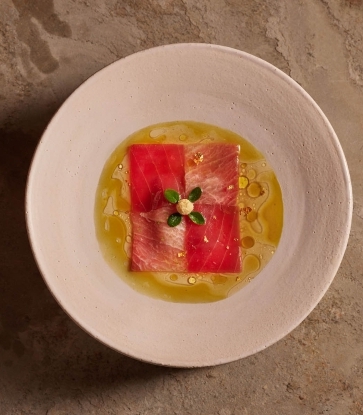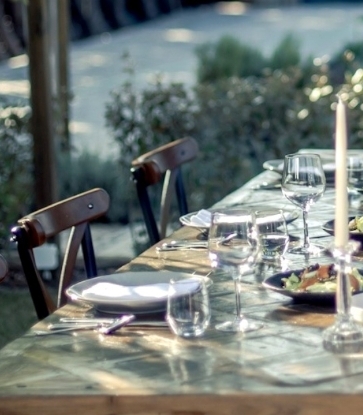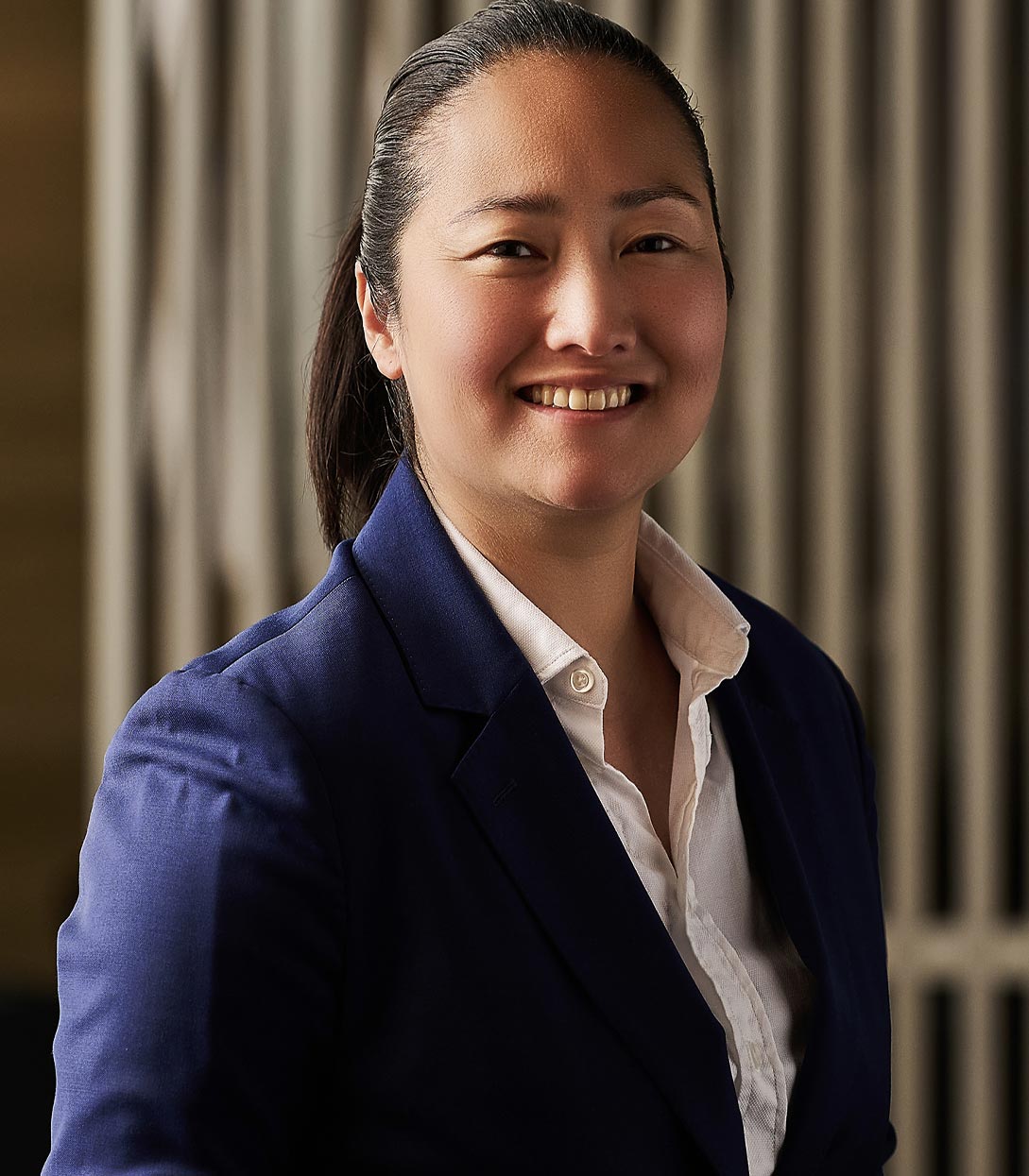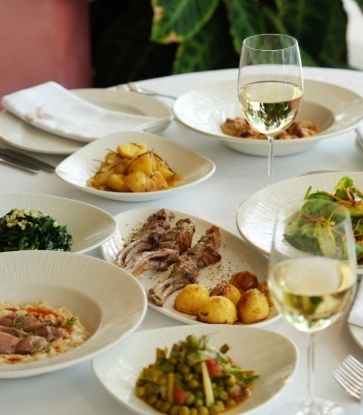As the capital of the Ottoman Empire almost for 450 years, Istanbul had an incredibly rich palace culinary culture because of its diverse influences and strategic location. Sumptuous dishes prepared in the palace cuisine naturally spread throughout the city. Beyond public feasts, even almshouses were serving lamb, rice, and fruit compote; so we’re really talking about a significant and truly imperial capital here.
Ankara took its place as capital, but Istanbul’s cuisine carries forward the legacy with its immense richness, blending various cultural, ethnic, and local flavors that flowed into the city by time from across the empire. Tender and delicious lamb tandoor, spiced rice enriched with different stocks, dishes with olive oil, and pastries are at the top of the list. However, some dishes of Ottoman royal cuisine can only be found in selected restaurants in Istanbul. It was not easy to get the recipes from the palace records and still not easy to adapt them from the earliest cookbooks to the present day. Asitane Restaurant, the pioneer of the palace cuisine, is no longer open. However, serving as a culinary school, the restaurant trained two significant masters of the palace cuisine and now, these two chefs make the tradition continue in their own restaurants: Kadir Yılmaz, the head chef of Matbah, and Necati Yılmaz, the head chef of Deraliye. They prepare the most refined dishes of the palace cuisine with great care for gastronomic explorers who want to discover historical flavors.


What flavors do these “fine dishes” feature?
The first thing that comes to mind when we think of the royal cuisine is, of course, lamb and game meats, soups with a variety of ingredients, different types of rice, stuffed vegetables and pastries with a variety of fillings, seasonal vegetables, olive oil dishes with fruits and herbs, and traditional desserts contains syrup or milk. Indeed, in both restaurants, the most prized sections of the lamb, including the shank, neck, and rib, are expertly roasted in the tandoor or infused with traditional flavors like sour fruits such as plum or cherry. Additionally, you can enjoy a delicious goose kebab wrapped in “yufka” (Turkish flatbread) or kirde kebab at either restaurant. Also, you can enrich your lunch or dinner by treating your taste buds to almond halva, known as “levzine”.
The main thing is the exceptional dishes: There is no chance of finding traditional delicacies such as stuffed melon or stuffed quince with lamb meat anywhere else, but in these two restaurants. These are the flavors from a time long before tomatoes and peppers arrived in these lands with the discovery of America: An era when meat was seasoned with fruit and intense spices. The combination of sweet and salty flavors was a common culinary practice until modern times, but it has largely been forgotten in today’s kitchens. In Turkish, “ballı börek” [pastry with honey] refers to “very favorable situations and times of good fortune”. It is now just an idiom for most people, but in these restaurants, the legacy reflected on the plates keeps the essence of this phrase alive in the language. For example, the crispy and crunchy sailor pastry, filled with cheese and peas and fried to a rich brown hue, is also served with honey. The combination of fruity meat and honey-salty-pastry may seem unusual at first. However, when you taste them, you’ll experience how this combination creates an explosion of flavor and how these contrasting tastes are well-balanced on your palate, creating flavors that enhance each other.


Naturally, the menu in both restaurants is similar since they are reflecting the same palace cuisine and era. However, there are some dishes specific to each restaurant. For example, in Matbah -named after the old pronunciation of “mutfak” [kitchen]- there are specific dishes such as “Mahmudiye,” chicken seasoned with almonds, apricots, grapes, honey, cinnamon, and honey; stuffed cabbage roll, jugged hare, and “Zelabbiye,” pastry with green lentils and tulum cheese. In Deraliye -named after one of the old names of Istanbul (meaning “Highest Gate”)-, you can taste “Mutancana,” lamb seasoned with honey, vinegar, apricots, dried figs, and raisins; salt-baked bass, and caille, a palace specialty.

But do not consider that the palace cuisine is only for meat lovers. Fortunately, thanks to Istanbul’s culture of olive oil dishes and also to the palace’s vegetable and herb specialties to settle the stomach, there’s a variety of vegan and vegetarian options to be explored in both restaurants: “mutabbal” (eggplant puree with tahini), “muhammara” (pepper paste with walnuts), okra or celery with olive oil, “imam bayıldı” (eggplant with garlic, onion, and tomato), stuffed grape leaf with rice and cherries, “piruhi” dumplings or “katmer” with cheese or vegetables.

All these flavors can be enjoyed with Turkish raki or, of course, with wine. Because the local ingredients go well with local wines produced from Türkiye’s indigenous grape varieties, each restaurant offers tasting menu with wine pairing. Or, if you want, they can make perfect recommendations from their carefully and locally selected cellars.
Beyond their delectable dishes, Matbah and Deraliye serve as custodians and ambassadors of culinary culture. Conscious of this responsibility, both establishments honor the legacy of their predecessors and pass it on to future generations. Kadir Yılmaz, who took over Matbah in 2010, says that working with Raşit Özdemir, one of Türkiye’s most influential chefs, has helped him a lot over the years, and that is why he tries to mentor 4-5 trainees annually. Necati Yılmaz, who previously worked alongside Kadir Yılmaz, generously shares his knowledge and expertise with aspiring cooks. If you are interested in cooking, Deraliye also hosts palace food workshops led by Chef Yılmaz, where you can learn how to prepare selected dishes step by step and then taste them together. You can contact the restaurant to join these classes, available in both Turkish and English.
Located in Istanbul’s most historic area, culturally at the very heart of the city, Matbah and Deraliye unveil a unique culinary culture for local and international gastronomy lovers. You may discover new tastes you never knew existed or be pleasantly surprised by tastes even if you think you’re familiar, or who knows, you may rediscover flavors you’ve missed for a long time…

Kapak görsel © Terrace Garden / Matbah





